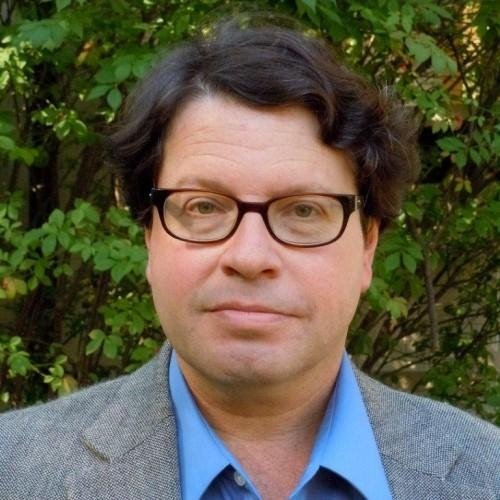James G. Hershberg
James G. Hershberg, professor of history and international affairs at George Washington University in Washington, D.C., is an historian of the cold war and the nuclear arms race. His first book, James B. Conant: Harvard to Hiroshima and the Making of the Nuclear Age (NY: Knopf, 1993; pb: Stanford University Press, 1995; e-book: Plunkett Lake Press, 2018), dealt with a key figure in the early atomic story: a scientist and Harvard University president who became a key science and then nuclear adviser to Presidents Roosevelt and Truman during and after World War II.
In that capacity, he was involved in the decisions to build and use the atomic bomb, and worked closely with Oppenheimer on various topics covered in the movie: the Manhattan Project (including the dramatic Trinity Test), the (failed) efforts to control atomic energy and prevent a postwar US-Soviet nuclear arms race, the opposition to constructing thermonuclear weapons (the hydrogen bomb), and the impact of McCarthyism that led to the removal of Oppenheimer's security clearance. The book resulted from an undergraduate thesis and doctoral dissertation advised by Martin J. Sherwin, whose Pulitzer Prize-winning biography of Oppenheimer (co-authored with Kai Bird), American Prometheus, inspired the "Oppenheimer" movie.
Hershberg has directed the Cold War International History Project (CWIHP) of the Woodrow Wilson International Center for Scholars, worked in dozens of archives around the world (Western, Eastern, and Southern), and written extensively on the Cuban Missile Crisis and Vietnam War, among other subjects.

